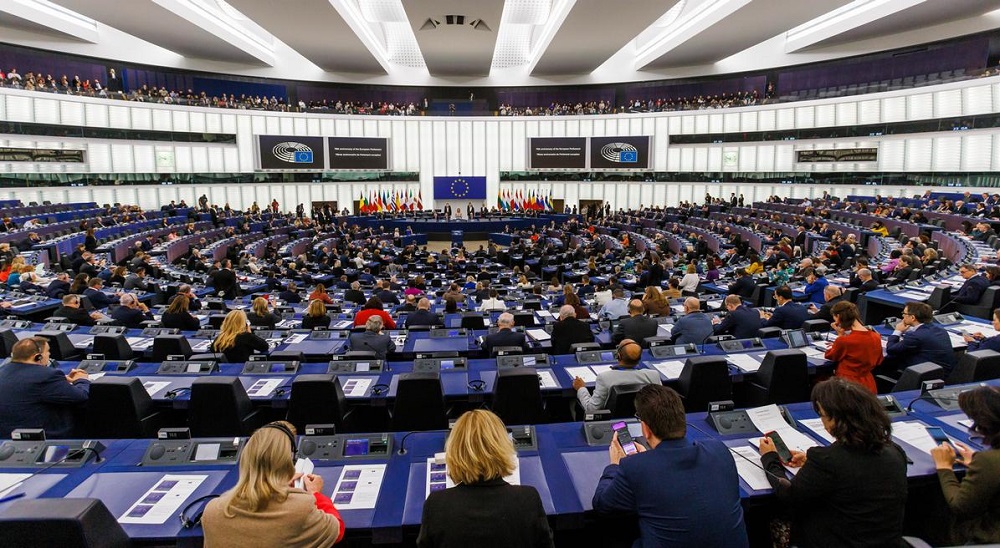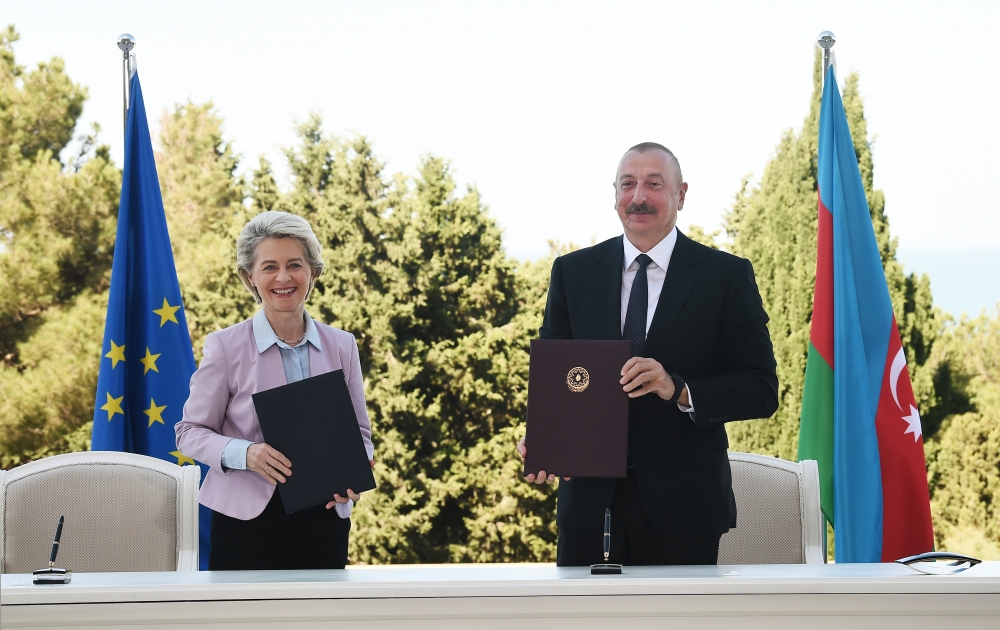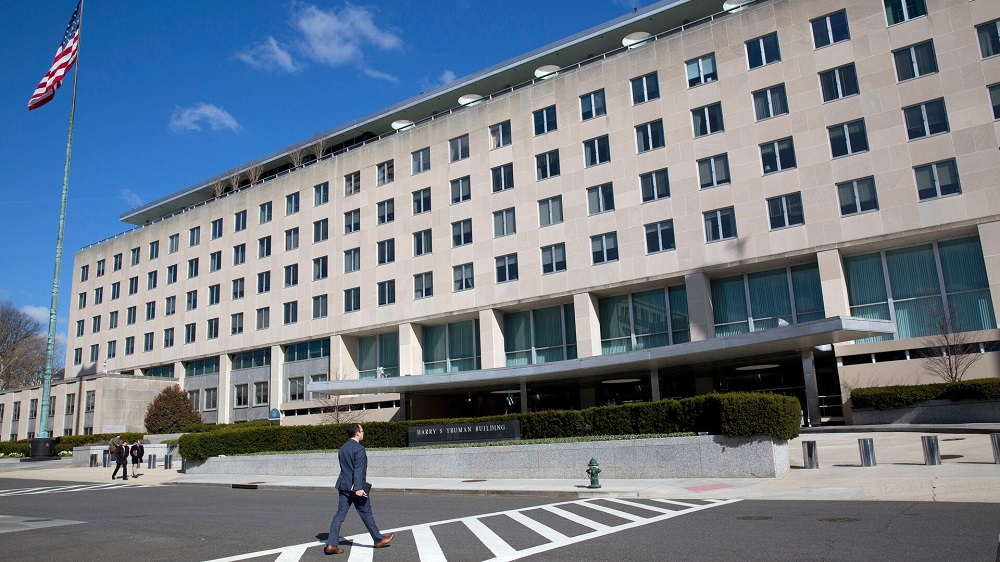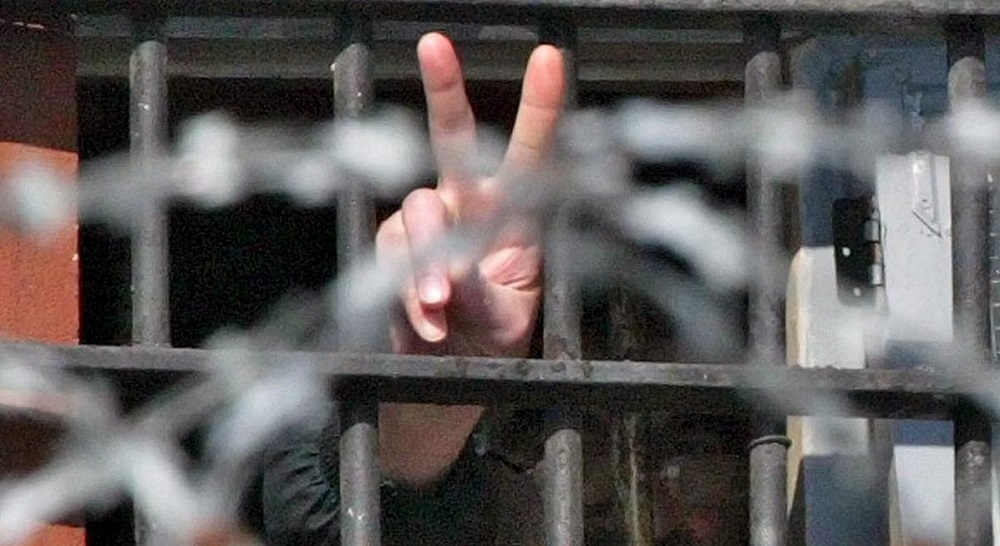Will the EU impose sanctions on Azerbaijani officials? Opinion from Baku
Sanctions on Azerbaijani officials
On March 15, the European Parliament approved by a majority of votes a report on “EU-Azerbaijan Relations” prepared by Croatian MP Zeljana Zovko, rapporteur on Azerbaijan.
The European Parliament calls for the European Union to impose personal sanctions on Azerbaijani officials who grossly violate human rights. Official Baku did not attach much importance to this, and the Azerbaijani parliament accused the parliament of bias. According to human rights activist Fuad Hasanov, even if the authorities publicly disagree with such calls, they are forced to take it seriously.
- Stories about the state of human rights in Abkhazia
- Mission impossible: Curbing inflation in Azerbaijan
- Sexual harassment in the workplace in Armenia
During discussions about the report, deputies criticized the Azerbaijani authorities for violating international obligations, fundamental freedoms and human rights. The report says that the European Union should not turn a blind eye to violations of human rights and the foundations of democracy due to cooperation with Azerbaijan in the energy sector in the context of Russia’s war with Ukraine.
The deputies wished for the removal of restrictions on freedom of expression and the media, ensuring respect for fundamental human rights, and the release of political prisoners.
The report also calls for the European Union to impose personal sanctions on Azerbaijani officials who grossly violate human rights.
Objective and balanced assessment
Human rights activist Fuad Hasanov noted that the report of the European Parliament made an attempt to give an objective and balanced assessment of the activities of the Azerbaijani authorities, “although, of course, there may be some exceptions.”
According to him, in the part where MEPs call on the EU to study the possibility of imposing sanctions, it means that “if there is no serious positive progress in the behavior of the Azerbaijani authorities in the course of bilateral contacts, then the calls may take on a longer character, the EU Council may more seriously encourage to specific steps.
“The 705 deputies elected in the 27 EU member states, acting together with the EU Council with legislative initiatives, play an important role in shaping the institutions of the European Union and in creating the principles and legal foundations for their activities.
The EP calls on the highest executive bodies of the European Union, which have signed agreements on energy projects, to strictly follow the preservation of universal, including European fundamental values in their cooperation projects. Taking into account the intention to sign a New Comprehensive Partnership Agreement between the European Union and Azerbaijan in the near future, the EP has the right not to approve the agreement, i.e. impose a “veto” on it, even if the European Commission signs this agreement. The human rights dialogue between the European Union and Azerbaijan, which began in 2017, is stagnant. We also declare and demand that the dialogue on human rights be continuous and effective in all possible international contacts,” Hasanov said in an interview with ASNTA.
Is it possible to impose sanctions?
Hasanov also dwelt on the possibility of imposing sanctions against Azerbaijani officials:
“The appeal contained in the resolution is made with a hint at the existing sanctions mechanism of the European Union. I note that the European Union’s global sanctions mechanism in the field of human rights is the mechanism by which the EU Council punishes employees of countries outside the Union who are responsible for gross violations of human rights.
The new sanctions regime also targets other human rights violations or abuses that are widespread, systematic or of serious concern in relation to the general foreign and security policy objectives set out in Article 21 of the EU Treaty. This may include violations ranging from human trafficking to violation or abuse of freedoms (freedom of peaceful assembly and association, freedom of opinion and expression, or freedom of religion and belief).
The decision on the possibility of imposing sanctions provides for a ban on persons included in the list of persons who enter or transit through the territories of the Member States, the freezing of funds and economic resources belonging to individuals, bodies and structures to which they belong, are owned, in possession or under their control, as well as persons and entities providing funds or economic resources to individuals and legal entities included in the EU list.
Calls for sanctions and the application of sanctions are not primarily intended to completely paralyze a partner country. The EU is a serious partner of Azerbaijan in the field of energy and trade. The union is governed by seven independent institutions. The philosophy of EU sanctions is to target high-ranking officials of the country who constantly and systematically commit very serious violations of human rights, to stop the politically motivated behavior of the authorities of the country being sanctioned, to achieve change and thus achieve global enforcement of the rule of universal values.”
“Forced to think seriously”
After the European Parliament adopted this report, the Azerbaijani parliament adopted a response statement in which it accused the European deputies of bias.
“Such calls by the EP are an example of a public, i.e. open diplomacy. Parliament, which depends only on European voters, is open, human rights and has made appeals in favor of the citizen of Azerbaijan.
Parliament is one of the 2 EU bodies with the right of legislative initiative and the right to “veto” bilateral agreements. At present, the contours of cooperation between the EU and Azerbaijan, based on mutual obligations, are becoming even clearer. In this sense, even if the authorities publicly disagree with such calls, they are forced to seriously think about it,” Fuad Hasanov said.
Sanctions on Azerbaijani officials






















